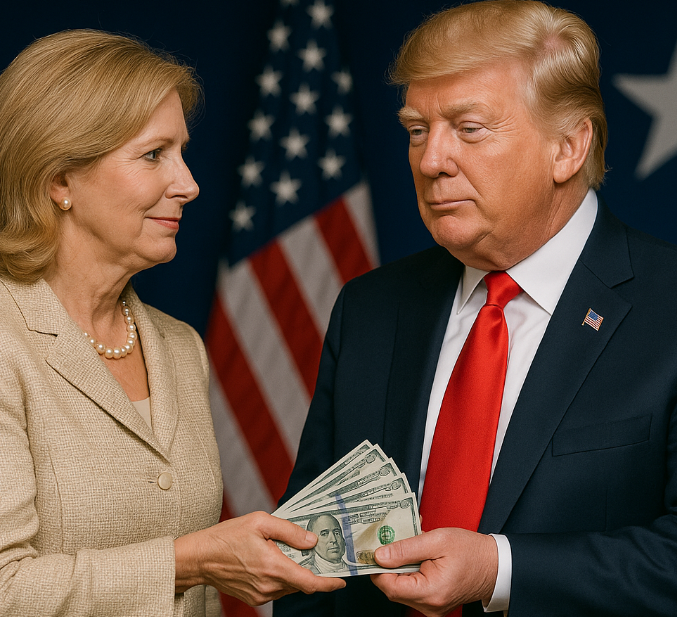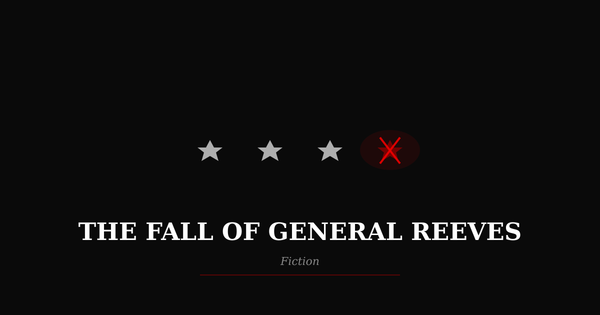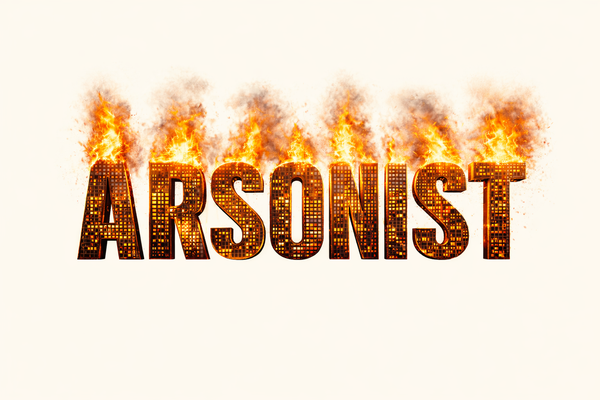Trump Pardons the Unpardonable
Cold Open
Trump didn’t just pardon criminals—he put justice on the auction block. January 20, 2025, was proof: if you were loyal, useful, or rich enough to buy a seat at his table, your record was wiped clean. No contrition, no justice—just the right connections and, in some cases, the right dinner tab.

I. Awakening the Unpardonable Before dawn broke over Washington, the pardons began. Nearly 1,600 of them—granted not to the wrongfully accused or the terminally ill, but to January 6 rioters convicted of beating police, smashing federal property, and waving the banners of groups like the Proud Boys and Oath Keepers. What was billed as mercy looked more like a farewell rally in legal form.
II. The Shadow of Impunity
Police officers who’d fought the rioters called it betrayal. Former Justice Department officials called it unprecedented. One federal prosecutor resigned, saying the message was unmistakable: allegiance to Trump makes you untouchable. Counterterrorism analysts warned it would embolden extremists well beyond January 6—lighting up neo-Nazi chat rooms and militia Facebook groups like Christmas.

III. Transactions of Favor
The insurrectionists were only Act One. Act Two was a glittering parade of Lifestyles of the Rich and Indicted: real estate tycoons, reality-TV fraudsters, nursing-home executives who cut corners until people died, drug-ring founders with fortunes built on poison. Some owed hundreds of millions. All forgiven.
And then came the headline grabber. Elizabeth Fago, a wealthy Florida Trump supporter, paid $1 million for a seat at a Mar-a-Lago fundraiser dinner. Over dessert, she had the president’s ear. Three weeks later, her son—Paul Walczak, convicted of tax fraud and ordered to pay $4.4 million—was pardoned. Prison time? Gone. Restitution? Gone. It wasn’t clemency; it was commerce.

Former New Jersey governor Chris Christie called the spree “pay-to-play” justice. Liz Oyer, former pardon attorney, put the total value of forgiven debts at over a billion dollars—money that would have gone to victims or public coffers. Under Trump, a pardon wasn’t mercy; it was a luxury item, gold-plated for those who could afford it.
IV. The Unpardonable
Presidents once used pardons to correct mistakes, show mercy to the dying, or free the wrongly convicted. Trump used them like a mob boss—rewarding loyalty, punishing the system, and making sure the debts ran one way. The “unpardonable” wasn’t a red line anymore. It was a business plan.
V. The Haunting and the Warning
This isn’t a ghost story—it’s a manual. The Constitution gives the president absolute pardon power. It also assumes the president has a conscience. That’s the flaw. January 20, 2025, will be remembered as the day clemency became a commodity, political violence got the presidential stamp of approval, and the rule of law learned it could be bought for the price of a really nice dinner.
TL;DR: Trump turned pardons into a cash-and-loyalty program, freeing rioters, crooks, and donors—proving justice is for sale if you know the right guy and pick up the dinner tab.





